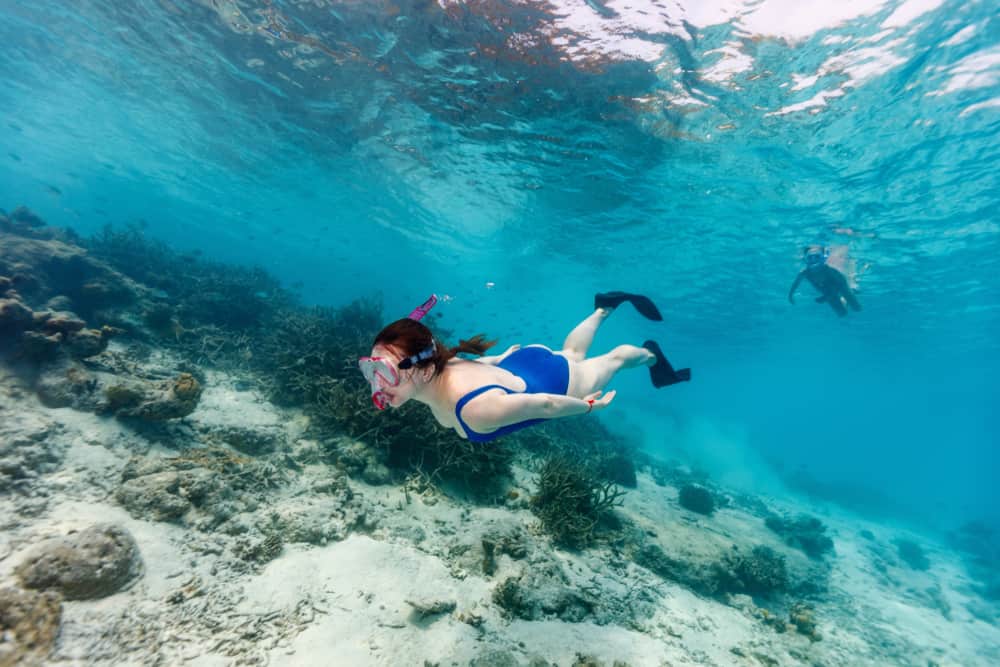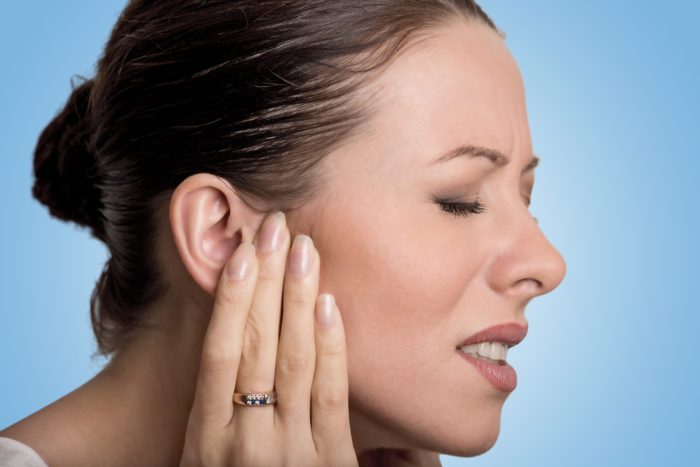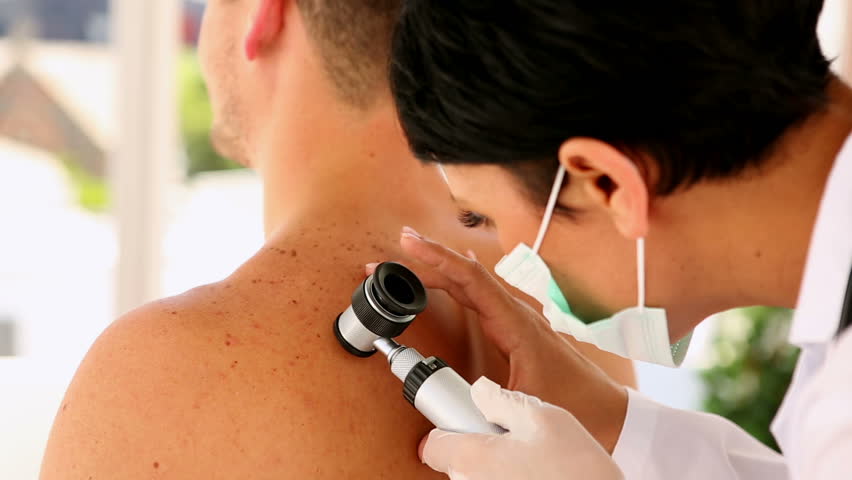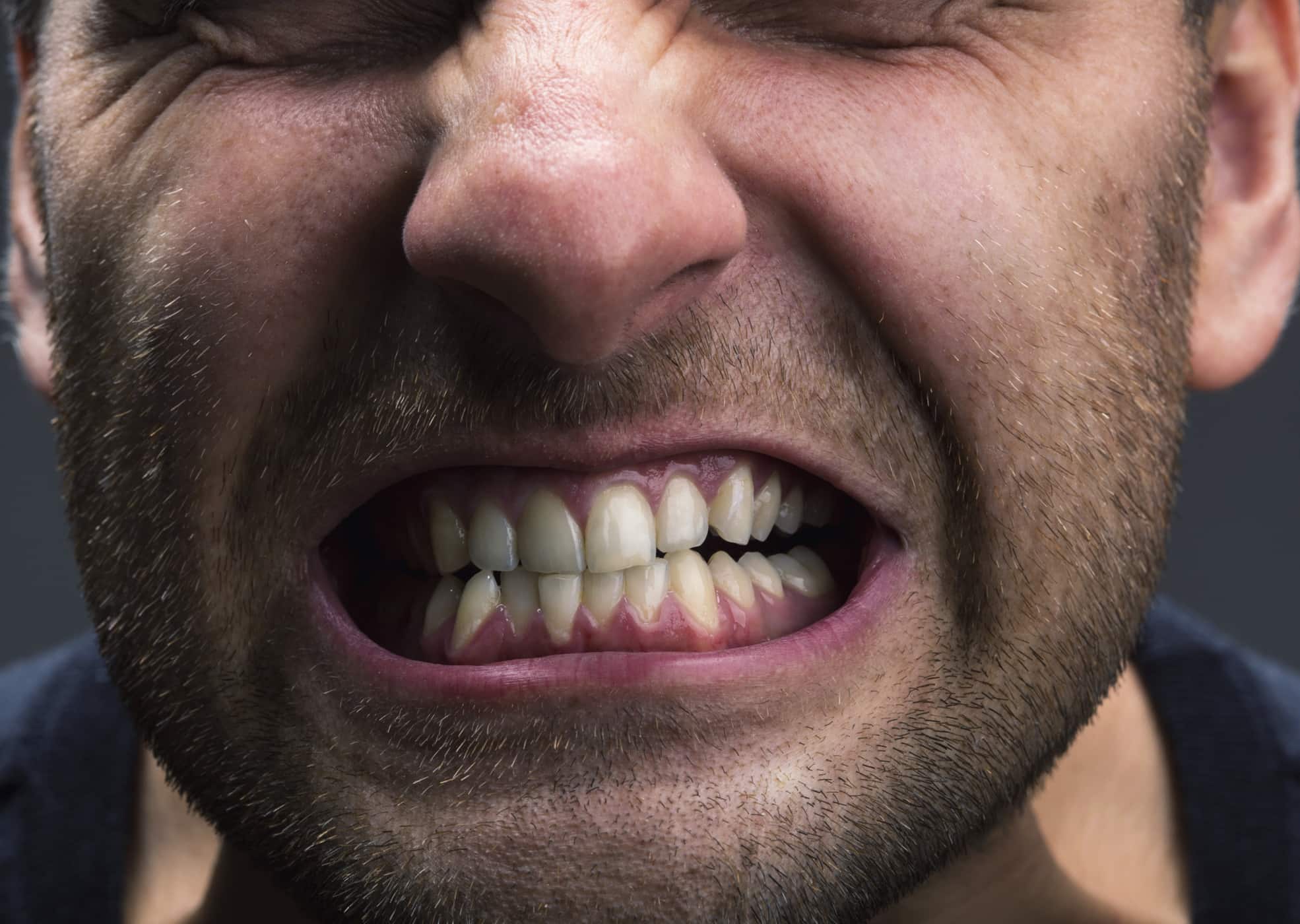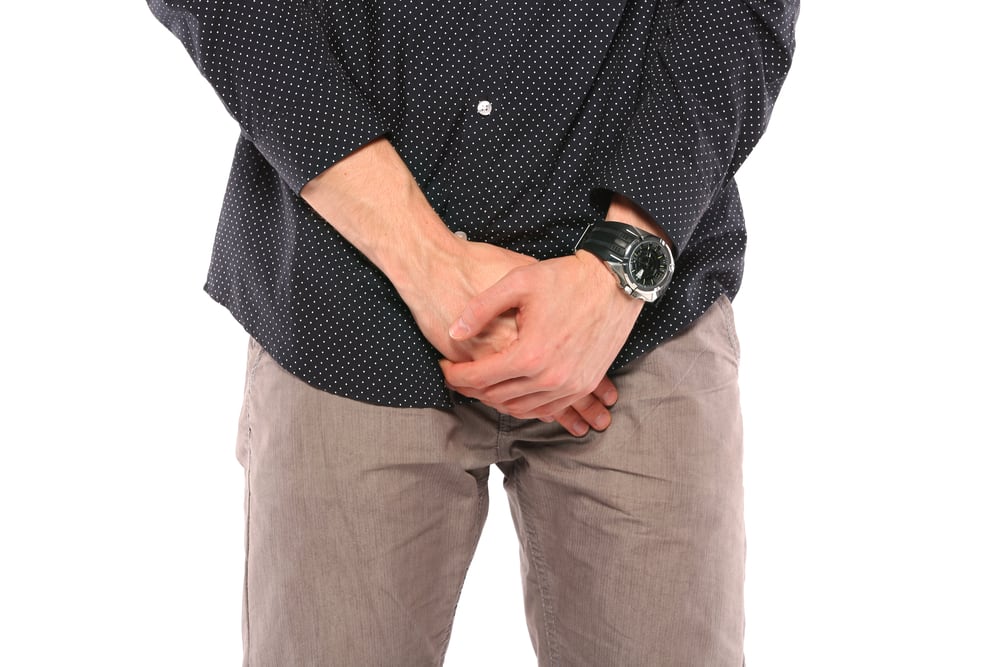Contents:
- Medical Video: Ears 101 : How to Relieve Ear Pressure Pain
- What causes barotrauma ear pain?
- Do you have to go directly to the doctor if your ear hurts?
- Then how do you deal with barotrauma ears?
- How to prevent from experiencing barotrauma ear pain
Medical Video: Ears 101 : How to Relieve Ear Pressure Pain
Have you ever had an earache while diving underwater? Or while on a plane? The ear is one organ that is very sensitive to changes in air or water pressure. This change in pressure then causes discomfort in the ear, or called barotrauma earache. Then how to prevent and overcome them?
What causes barotrauma ear pain?
Barotrauma ear pain occurs due to changes in ambient air pressure. Normally, the ear organ called the Eustachian tube works to regulate the air pressure in the inner ear as much as possible, more or less the same as the outside air pressure so that it will not cause problems.
New problems will arise when a sudden and sudden pressure change occurs. For example, when you board a plane. The higher your position in the air, the lower the air pressure will be. It's the same as when you dive. The deeper you dive, the higher the water pressure will be.
Drastic changes in height and air pressure in a short time make your ears not have time to adapt to equalize. The air pressure in the inner ear will be out of balance with the outside pressure. Then, the tympanic membrane or eardrum will swell.
It is this stretch of the shape of the eardrum that is affected by air pressure which causes the ear to hurt when boarding a plane or diving in water. As long as you are in the air or in the water, a swollen eardrum cannot vibrate so that your hearing feels full as if it is clogged and the sound is muffled because the Eustachian tube is blocked by the air pressure.
In addition to causing discomfort, barotrauma ear pain also presents other symptoms such as:
- Difficulty hearing
- Dizzy
- It feels full
Do you have to go directly to the doctor if your ear hurts?
In most cases, symptoms of barotrauma earache can disappear on their own so you don't need to rush to the doctor. But if the pain persists or even gets worse and continues to recur; the ear becomes runny because of fluid leakage; or bleeding from the ear, then you should immediately go to the doctor.
The doctor will check the condition of your ears and look for signs of damage or infection in either the eardrum or ear canal.
If the eardrum appears to be pushed in or out, this indicates that there is indeed ear barotrauma. After the examination, the doctor will make the most appropriate treatment choices and the next steps.
Then how do you deal with barotrauma ears?

Most cases of ear barotrauma can heal on their own without having to be treated, but you can speed up recovery with a few tricks below to help open the blocked eustachian tube. In this way, air circulation in and out of the middle ear can return smoothly so that the pressure conditions are balanced.
How to relieve barotrauma's own earache is by:
- Chewing gum, sucking on sweets, swallowing hard, or yawning.
- Using a nasal decongestant or nasal antihistamine according to the rules of use listed on the drug wrap.
- Slowly rise above the surface of the water when diving.
When you have an earache, keep your ears clean to prevent infection. If you also have an infection, your doctor may prescribe antibiotics.
In cases of severe barotrauma, doctors can recommend surgery. The surgery is usually done by attaching a small cylindrical tube to the middle ear to balance the pressure difference. But this case is rare.
How to prevent from experiencing barotrauma ear pain
To prevent the occurrence of barotrauma in the ear, you should use a decongestant, antihistamine, or both before the activity begins. Activities such as scuba diving, diving, hiking, boarding. Decongestants are available in the form of drinking or spray.
Also, use this simple technique to relieve symptoms:
- Slow down when diving, don't go straight nyebur steep down.
- Slowly rise from the bottom of the water to keep the pressure changes not too drastic.
- Don't dive when you have allergies or respiratory infections. This will trigger severe barotrauma.
- Dispose of breath through the nose in the water.
- Make chewing, yawning, swallowing, or sucking sweets during these two activities.
- Stay literate when taking off and landing on an airplane.

